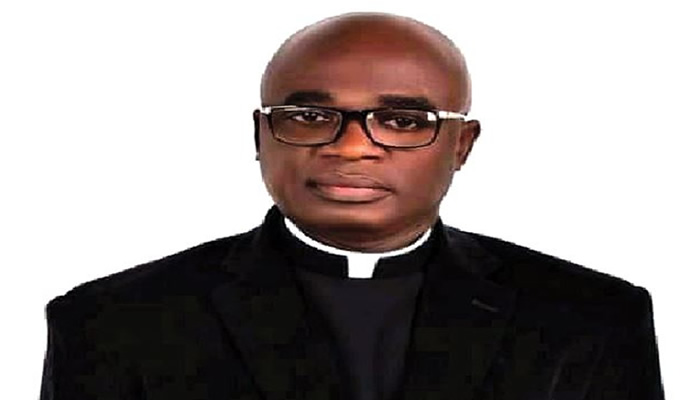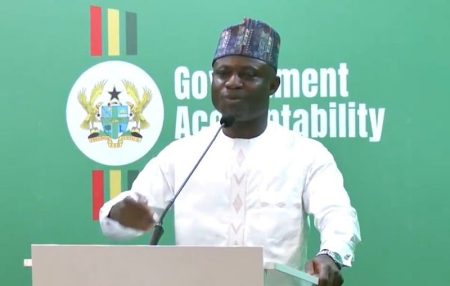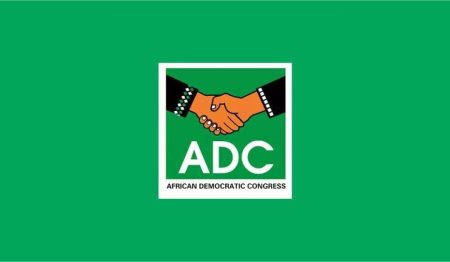Paragraph 1: Unveiling the Educational Landscape in Benue State
Benue State, under the leadership of Governor Hyacinth Alia, has embarked on a transformative journey within its educational sector. A comprehensive assessment of the state’s educational infrastructure has revealed a concerning prevalence of substandard schools, locally termed “mushroom schools.” These institutions, numbering approximately 4,000, are characterized by inadequate learning environments and a scarcity of qualified teaching personnel. This discovery underscores the urgent need for intervention and reform to ensure that all children in Benue State have access to quality education. Governor Alia’s administration has signaled its commitment to addressing this challenge, recognizing that a robust educational system is fundamental to the state’s progress and the overall well-being of its citizens.
Paragraph 2: Addressing the Teacher Deficit and Enhancing Educational Quality
A critical aspect of revitalizing the educational sector involves bolstering the teaching workforce. Recognizing the shortage of qualified educators, especially in primary schools, the Benue State government has taken decisive action. An impressive 9,700 qualified teachers have been recruited and deployed across primary schools throughout the state. This strategic move aims to enhance the quality of instruction, reduce classroom overcrowding, and provide students with the individual attention they need to thrive academically. By investing in a well-trained and motivated teaching force, the government is laying the foundation for a more effective and impactful educational system.
Paragraph 3: Investing in Students’ Futures: Examination Fee Subsidies
Governor Alia’s administration has demonstrated its dedication to supporting students’ academic pursuits by implementing a significant financial assistance program. In the 2023/2024 academic session, the government covered the examination fees for nearly 19,000 students sitting for various external examinations. This includes 8,119 students for the West African Examination Council (WAEC), 8,979 students for the National Examination Council (NECO), and 1,547 students for the National Business and Technical Examinations Board (NABTEB). This initiative not only alleviates the financial burden on families but also encourages increased student participation in these crucial examinations, opening doors to further education and career opportunities.
Paragraph 4: Stabilizing Tertiary Education and Supporting Faculty
The Benue State government has also prioritized the stability and growth of its tertiary institutions. A key achievement has been the clearance of a 38-month backlog of earned allowances for staff at the Moses Adasu University, formerly known as Benue State University. This measure demonstrates the government’s commitment to valuing and supporting its educators, fostering a more conducive environment for teaching and research. The resulting stability in tertiary institutions has ensured uninterrupted academic sessions, allowing students to progress smoothly through their studies.
Paragraph 5: Expanding Access to Higher Education: A New University of Technology
Recognizing the importance of technical education in driving economic development, the Benue State government has secured a license to establish a new university of technology in Ihugh, Vandeikiya Local Government Area. This institution will focus on providing specialized training in science, technology, engineering, and mathematics (STEM) fields, equipping students with the skills needed to thrive in a rapidly evolving technological landscape. This strategic move underscores the government’s vision for a more diversified and technologically advanced economy, driven by a skilled workforce.
Paragraph 6: A Holistic Approach to Educational Transformation
The combined initiatives undertaken by Governor Alia’s administration reflect a comprehensive and multifaceted approach to reforming the educational sector in Benue State. From addressing the issue of substandard schools to investing in teacher recruitment, examination fee subsidies, and the establishment of a new university, these efforts demonstrate a commitment to improving access, quality, and relevance of education. By prioritizing education as a cornerstone of development, the Benue State government is paving the way for a brighter future for its citizens, empowering them with the knowledge and skills to contribute meaningfully to society.














